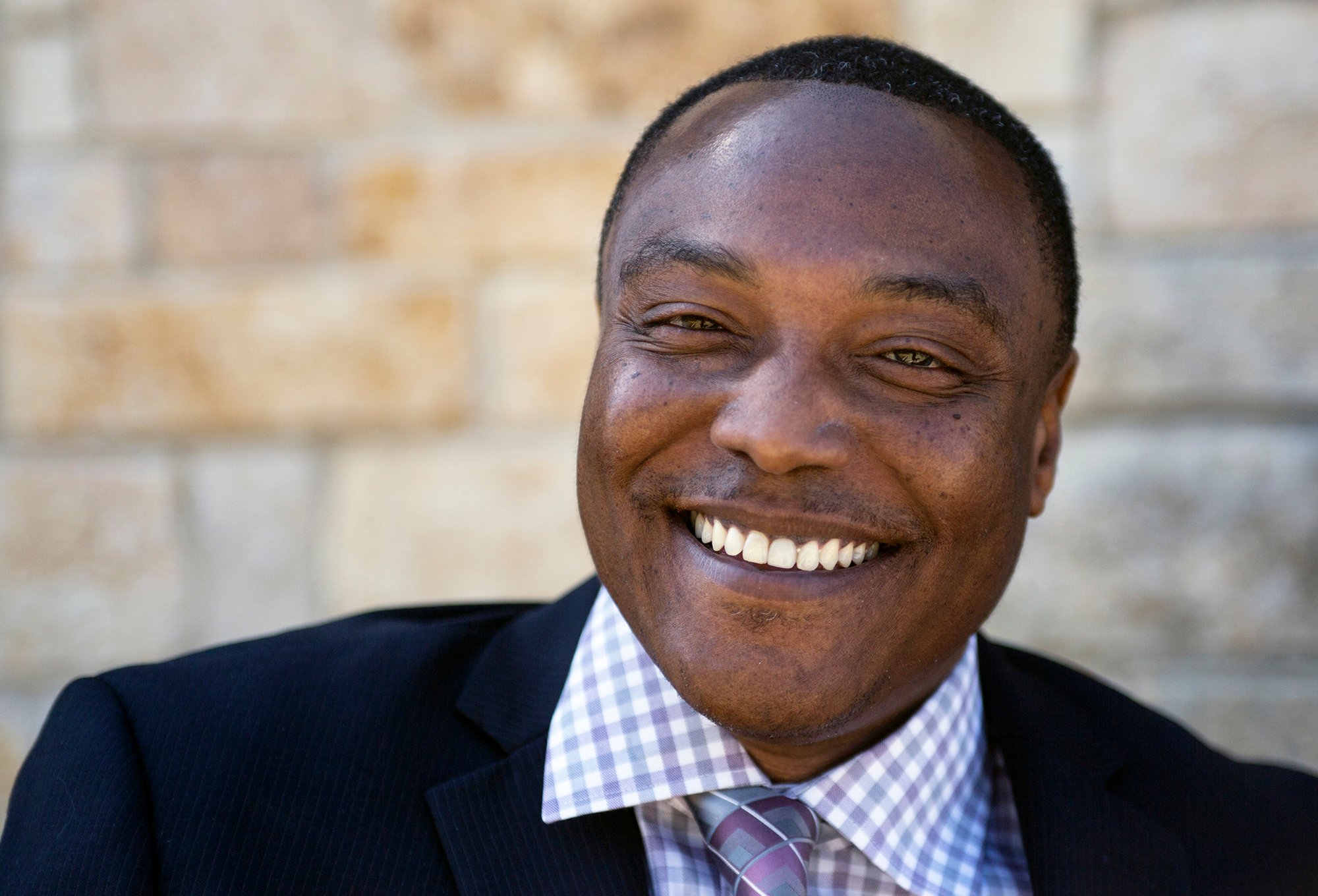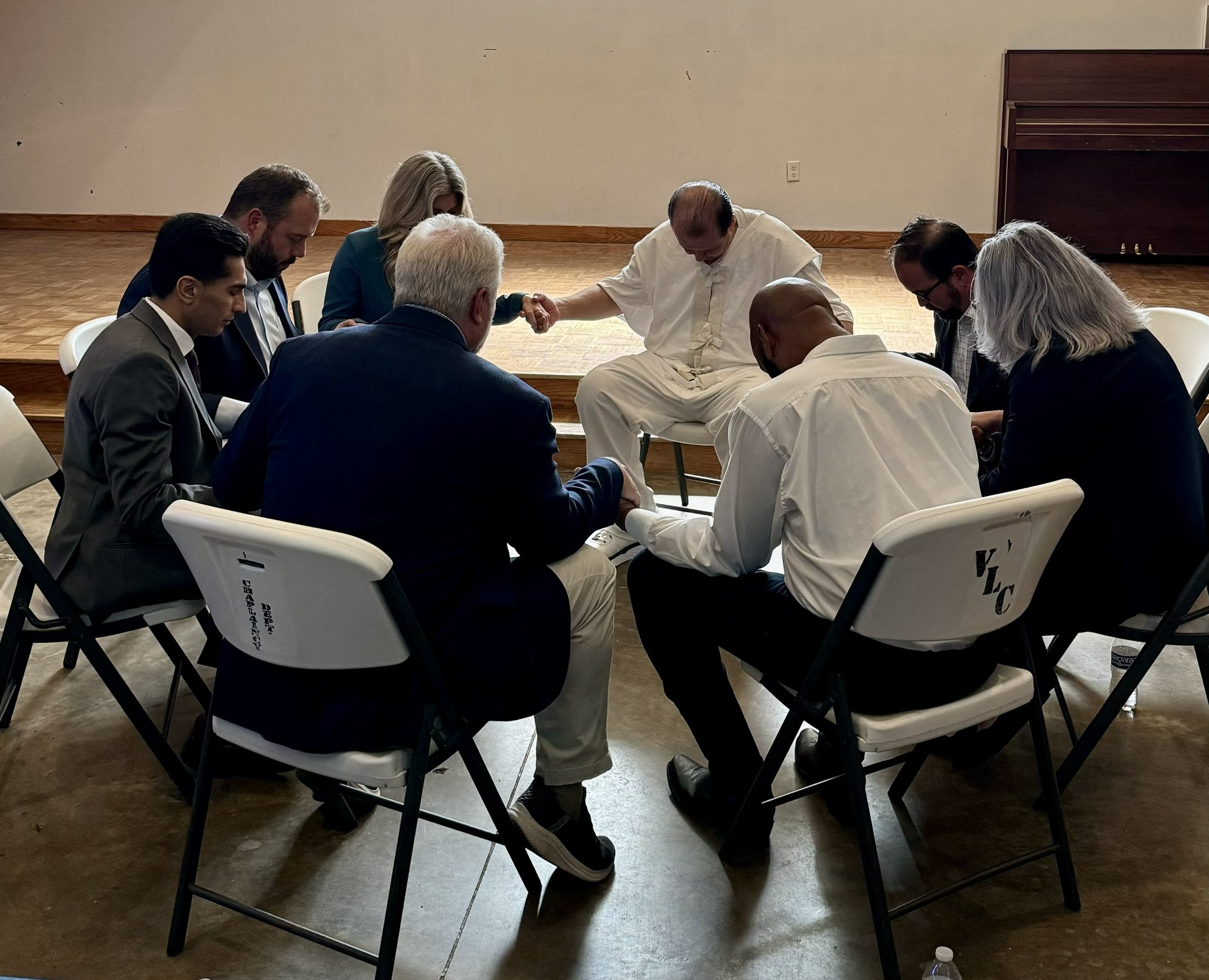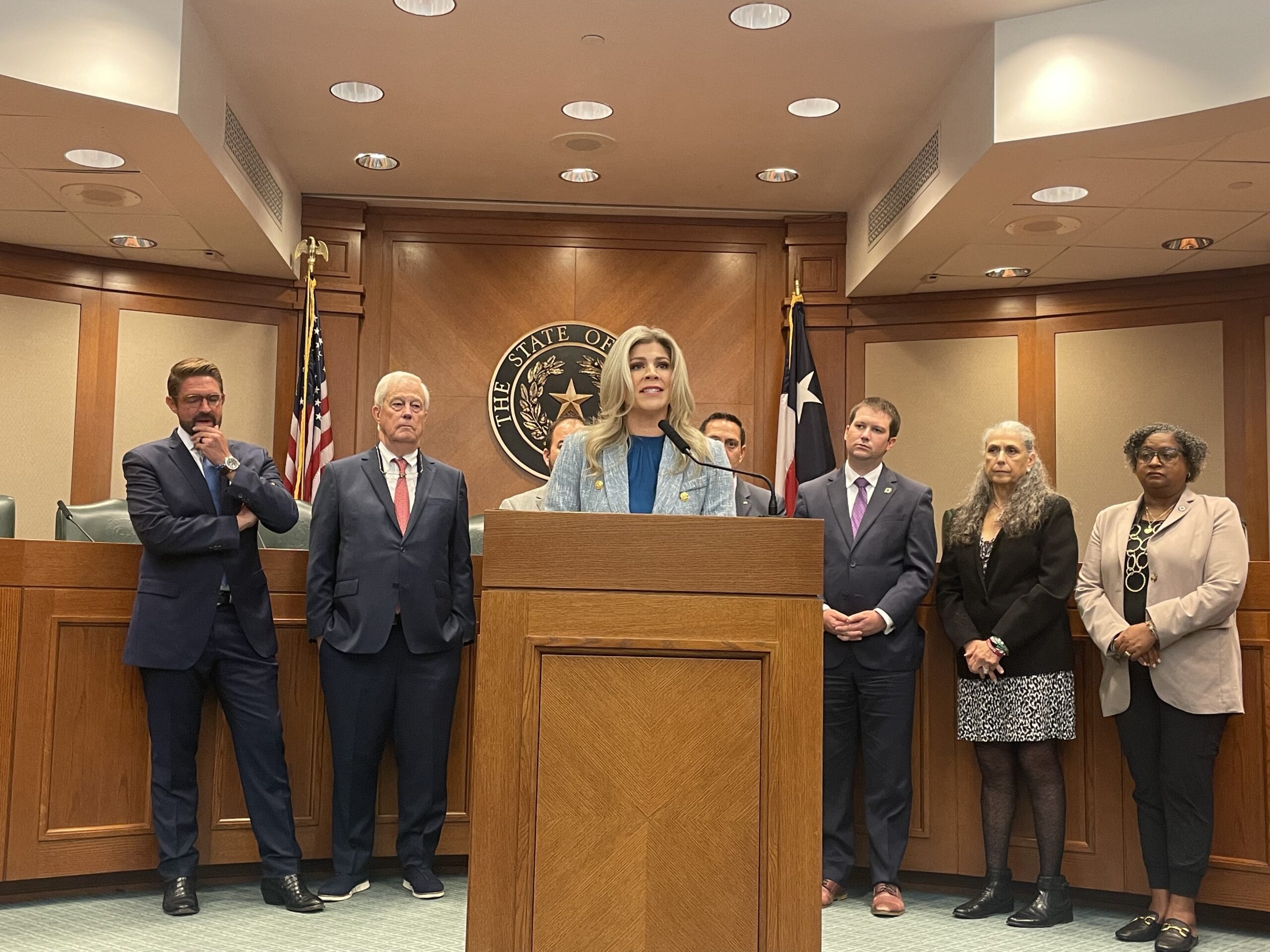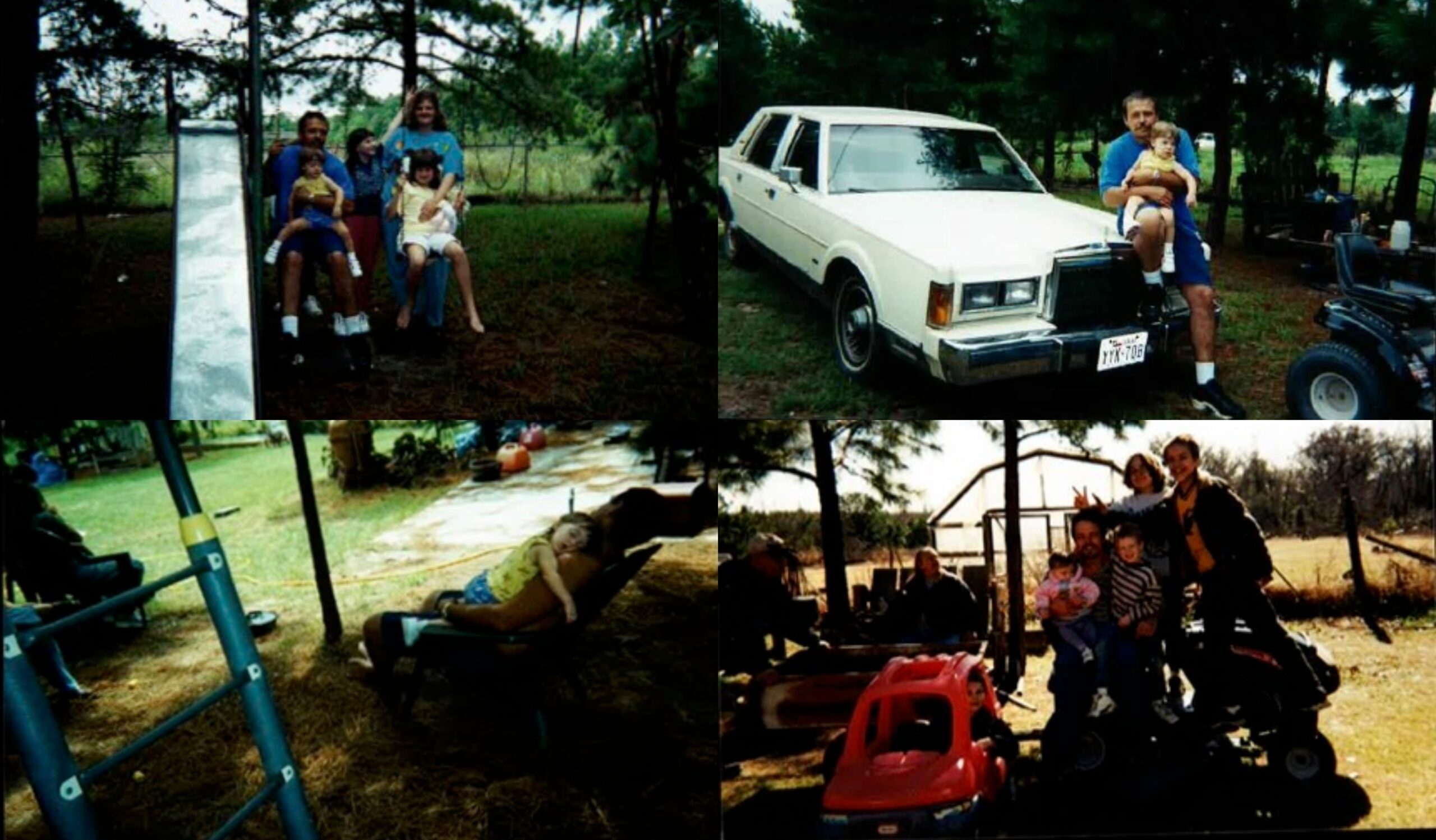
The Interview: Anthony Graves
Life after death row and the search for justice.

A version of this story ran in the April 2016 issue.
Graves spent 18 years in prison, 12 on death row, before he was exonerated and released. In February, Charles Sebesta, the prosecutor in Graves’ case, lost his appeal to overturn his disbarment for withholding evidence and using false testimony to win a conviction against the former inmate.
Texas Observer: Does the disbarment of Charles Sebesta feel like justice to you?
Anthony Graves: Let’s just say that if he was a regular laborer on the street, he’d have been brought in for attempted murder. So how can it really feel like justice when there is one law for the laborers and there is one law for those we elect? He just got disbarred. But if it had been any man on the street that had attempted murder on a citizen’s life, he’d have to answer to that in our court system under charges of attempted murder. So is it justice? It’s the beginning, because now we know that [Sebesta] can no longer go after another innocent person and destroy their life and the lives of their family. But it’s just the beginning.
TO: Sebesta withheld exculpatory evidence and told the court that your alibi witness was a suspect. Why did he go to such lengths?
AG: Because power corrupts and absolute power corrupts absolutely. He had spent over 20 years in the DA’s office. He was running unopposed, so this was a man who had a lot of authority. … And you sprinkle that in with [the fact that] I did not look like him, I did not grow up around him. We’ve got a big problem with race in our current justice system.
TO: Michael Morton, a falsely imprisoned white man, became a poster boy for criminal justice reform. Is there a difference in the way African-American and white exonerees are treated?
AG: I was out a year before Michael Morton, and there was an immeasurable amount of misconduct in my case. I came off of death row, where they tried to murder me twice. Twice! [Sebesta] lied, cheated, withheld evidence, threatened alibi witnesses. Michael Morton spent 25 years down in general population prison working out, playing handball, hanging out with friends, while I was sitting in a 60-square-foot space, listening to people going out of their minds, watching guys get executed. Michael Morton … is one of many men who have been wrongfully convicted, that spent 25, 30, 40 years [in prison]. Most of them are African Americans. If you watch the news today, you still see them coming out. But they’re not getting laws in their names. What was the difference between Michael Morton and so many other young inmates that have come out innocent?
TO: You have said that you were able to forgive Sebesta. How did you do that?
AG: Because you have to know that in the scheme of things, this is what propelled you to do greater things for other people. How can you continue to be bitter at what propelled you to do God’s work for other people? How can you continue to be bitter at a man who has now given you a platform to help other people? So thank you, Charles Sebesta! [Laughs]
TO: Given films like the “Making a Murderer” series, do you think there’s been change in terms of skepticism about the guilt of incarcerated people?
AG: About the criminal justice system period. Social media has done so much to awaken people about our criminal justice system. I’m on social media and I see the changing of the culture. Everybody isn’t trusting anymore, because every time they look up, somebody has spent 30 or 40 years of their life for something they didn’t do. So you can’t hide it anymore. … In terms of our criminal justice system, we’re [Texas] becoming the ‘show me’ state because we have messed up over too many people. When you look at the fact that we lead in exonerations and yet we also lead in executions, that’s a great concern.
TO: We all have to prepare for death. But how do you prepare when you know your death will be so unjust?
AG: I really don’t agree with the prepare part, because when I got my first execution date, I went down to the office and the captain was sitting there, and he was telling me that the state was going to execute me for a crime I didn’t commit. So immediately you would think that I would go to thinking about my mortality — the whole notion of being executed. But what was going on in my mind was that I wasn’t going to listen to someone who was no different than me telling me what the state was going to do to me. In my mind, I was just going to live until I die, because to start thinking about death before I die, put me in the grave already. So I said, “I’m just going to live till I die because that’s my right.” Nobody can take that from me regardless of whatever kind of execution dates you say you have scheduled. I saw a lot of guys that prepared themselves down there, and they go crazy. Just the fact that they know they’re going to get executed by the state and there’s nothing they can do about it. Absolutely nothing. You can’t run. You can’t hide. You can’t do anything. You can’t take medication to make you feel better. You are there until they execute you, and it literally drives men insane.
TO: Can you tell me about your work with inmates now?
AG: When I got out, a lot of men were writing to me with claims of actual innocence. Now, I don’t know if the claims were all valid, but I knew that enough men had been writing to me that there needed to be a program in place, much like an Innocence Project, but focusing more on investigation to bring the case to litigation. So I started a program called HIP — Humane Investigation Project — and what we do is the legwork. We find out if there’s legitimacy in the case before we try to bring in anyone else to get involved. We screen the cases, go talk to witnesses, and then if the case is legit, we try to get other entities involved, or a lawyer that’s doing pro bono work on our behalf.
TO: What about your health clinic for inmates, which just opened in February in Houston?
AG: What I’ve come to know is that 90 percent of the people that are in prison or jail are at high risk for infectious diseases when they come back into the community. I’m talking tuberculosis, HIV, asthma, bronchitis. They come back into the communities, and they don’t think about going and getting checked out. They’re thinking about getting them a job, trying to find them housing. They’re thinking about reconnecting with their families, and their health is at the bottom of the priority list. So they go back into the communities not knowing what’s going on with their bodies. And what that does is put the community in harm’s way. So I say, “If we start a clinic for former incarcerated inmates and their families, and we treat them for chronic, acute and behavioral health issues, we can make our communities a little safer, a little healthier, a little happier.”
I think you’ve got 10 clinics in our whole nation designed to help these guys when they come back. Despite the huge prison population, despite the high risk of infectious diseases, we do not cater to that population. They come out and they have no Medicare, Medicaid. We do not try to help them navigate the health care system. They’re just out here fending for themselves.
TO: You said that a lot of inmates do not want to work with inmates when they come out. Why is that?
AG: Because they don’t want to come out here and feel like they’re reliving it again by staying involved. I actually have to relive some of the stuff I’ve gone through, particularly if I have to go down to death row and talk to inmates, particularly when I share my story. I remember everything that I’ve gone through. Some of the things I probably didn’t even say. I didn’t talk about the beatings. I didn’t talk about the guys raping each other in the showers. I didn’t talk about the stabbings and the killings. I didn’t talk about the drugs. I didn’t talk about none of that stuff because those are other layers that I still have to deal with, come to terms with.
TO: But it’s worth it to you to tell your story?
AG: It’s very worth it, because it saves lives. [Alfred Dewayne Brown] would probably still be on death row had I not talked to his witness. She didn’t want to talk to nobody. They had threatened her with prosecution, put her on probation, put an ankle monitor around her leg — all because they didn’t want her to come and testify to what she knew. But I go and I talk to her and she understands. She knows who I am and my story resonates with her. She lets me in, and I end up saving this man’s life. So it’s worth it for me.


